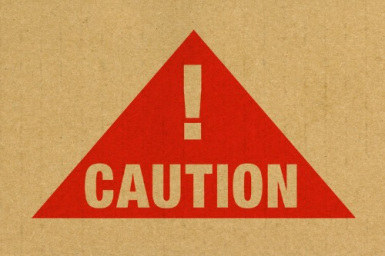
IFB and Aviva warn misleading claims adverts are leaving vulnerable people seriously out of pocket
Consumers are being urged to be extra cautious when searching for their insurer online, as it’s revealed countless vulnerable people are being targeted by paid-ad spoofing scams every day.
Paid-ad spoofing involves unscrupulous firms paying for search engine adverts that misrepresent trusted insurers. People looking to make a claim can unwittingly contact a third-party via an ad and think they’re dealing with their insurer, only to be trapped in legal agreements with unknown firms and facing thousands of pounds in costs.
The Insurance Fraud Bureau (IFB) is currently investigating several firms suspected of being linked to the activity. To stop the issue growing, IFB and Aviva have launched a joint campaign - which includes an awareness video being promoted on YouTube - to help people understand how paid-ad spoofing scams work and avoid being caught out.
Ursula Jallow, Director at IFB, said:
“The scale and complexity of paid-ad spoofing scams is significant. Millions use and search for insurance services each day, and it only takes a small number of people to fall for paid-ad scams for a string of dodgy firms to greatly profit from their misfortune.
“There’s a minefield of claims hi-jackers out there and consumers must be vigilant. We’re collaborating closely with Aviva and the wider industry to tackle the issue. Anyone with concerns of paid-ad spoofing claims scams must report it to our CheatLine.”
Aviva along with other major insurers is increasingly finding their customers have been targeted by paid-ad spoofing scams, with around a dozen unscrupulous firms now known to have misrepresented themselves as the insurer’s claims management team.
Many of Aviva’s customers who have been deceived are more vulnerable and include those who are elderly or in distress in the immediate aftermath of an accident.
When people realise they’re not receiving services they thought were included as part of their insurance policy, they face a helpless situation of being chased by third parties to pay for unsolicited fees. In one instance a claims firm even pursued a person for over £50,000 in costs.
Pete Ward, Head of Claims Counter Fraud at Aviva, said:
“When a customer has a car accident, they look to their insurer to assist them in their time of need. The willful misleading of consumers at their most vulnerable point – usually searching for their insurer’s claims details at the roadside after an accident – is causing anxiety and financial stress to those involved.
“Aviva has been working with the IFB, law enforcement and the wider insurance industry, to make consumers aware of the online scammers and protect them from these unscrupulous actors. We hope this will prevent others from being targeted by paid-ad spoofing.”

